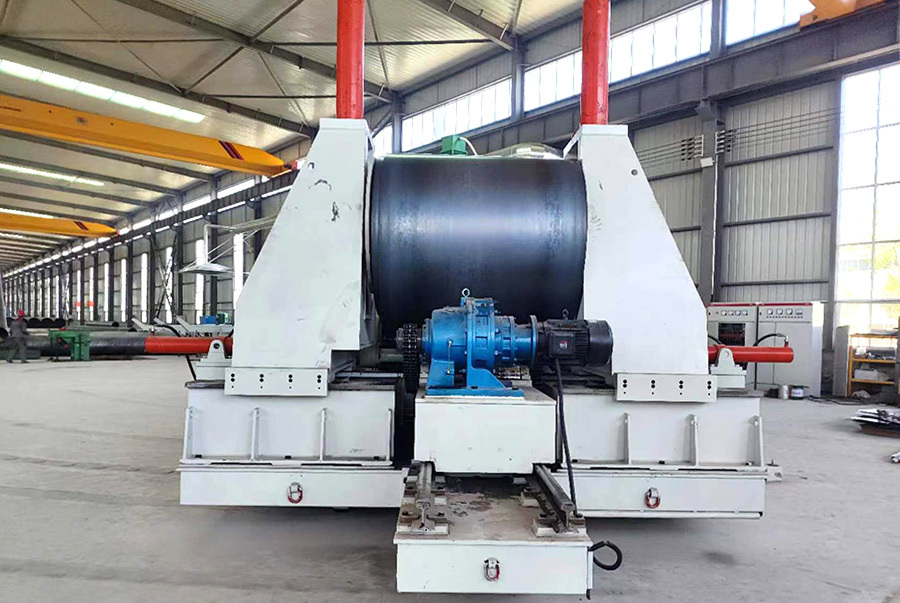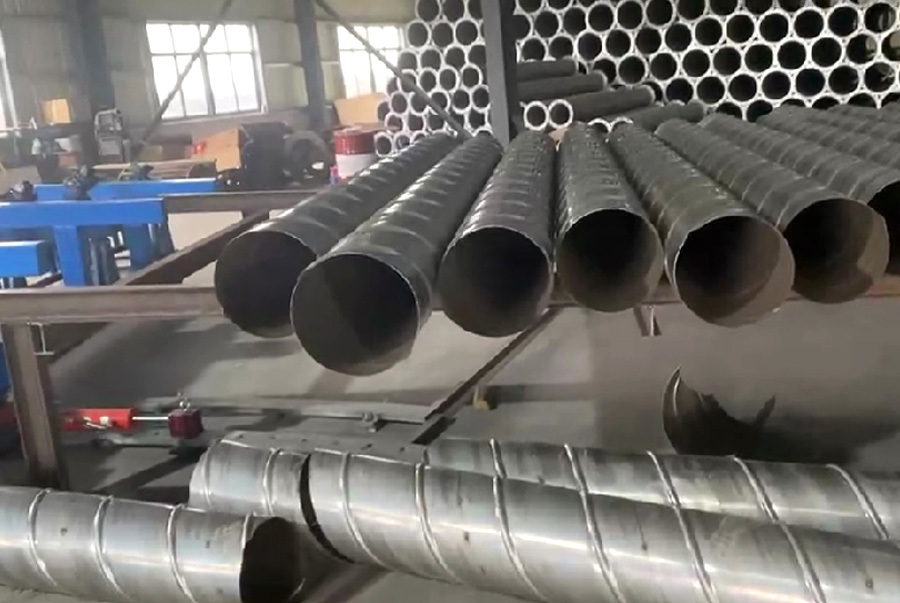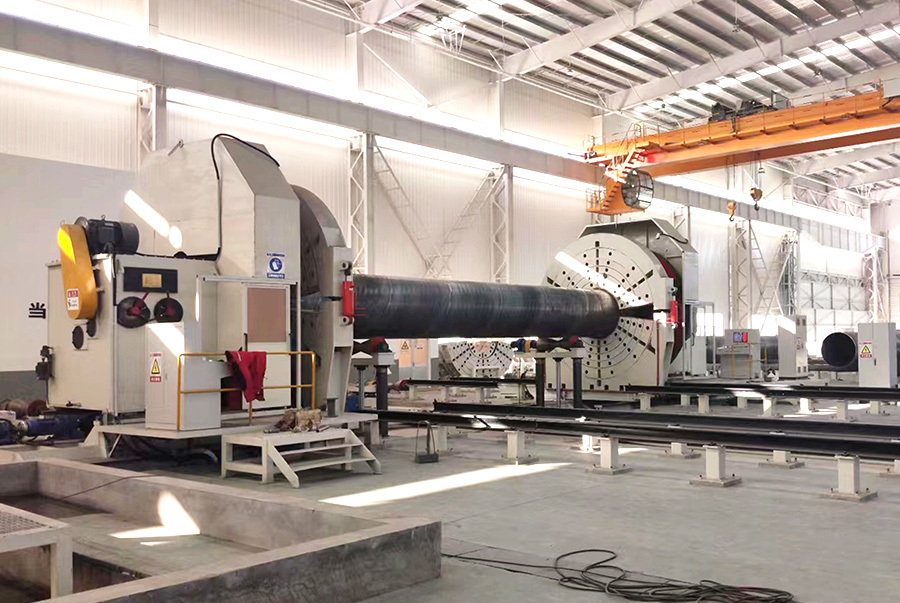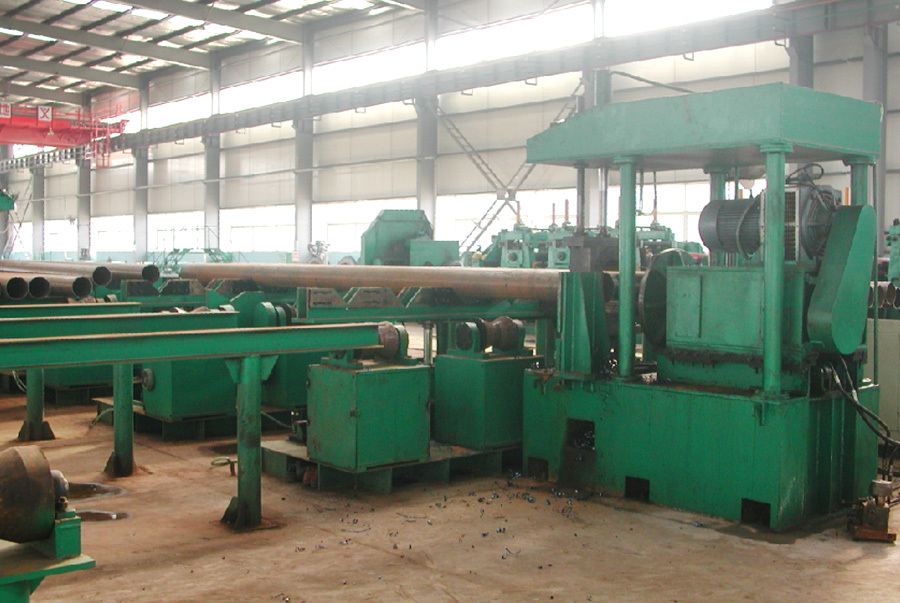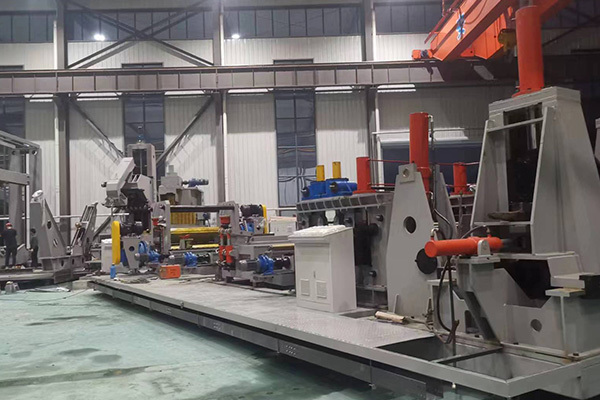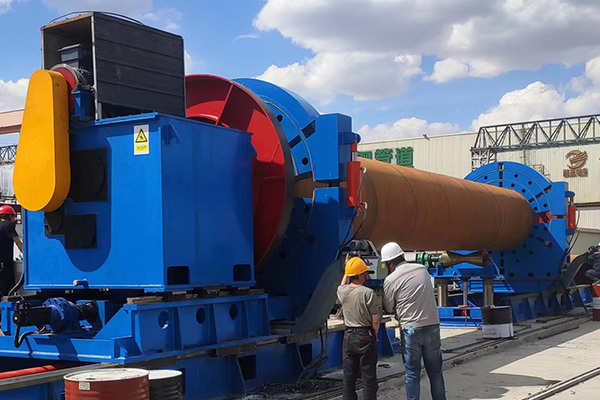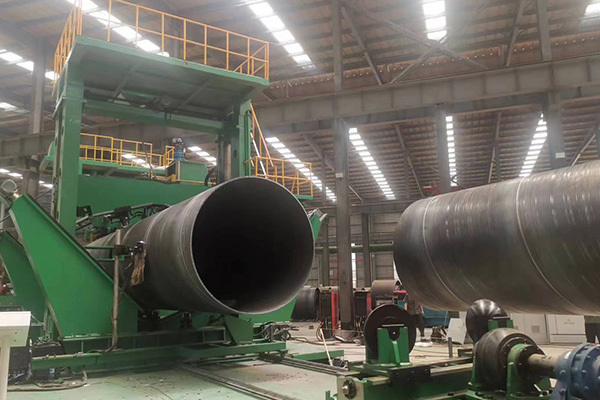The Essential Guide to Steel Pipe Mills: Understanding Their Role in the Manufacturing Process
26 Jun,2025
Steel pipe mills are crucial facilities in the manufacturing sector, particularly within industries that require precision-engineered components like electric tools and electric beveling machines. These mills are dedicated to producing steel pipes, which serve as fundamental building blocks for various applications, ranging from construction to infrastructure projects.
At their core, steel pipe mi
Steel pipe mills are crucial facilities in the manufacturing sector, particularly within industries that require precision-engineered components like electric tools and electric beveling machines. These mills are dedicated to producing steel pipes, which serve as fundamental building blocks for various applications, ranging from construction to infrastructure projects.
At their core, steel pipe mills utilize advanced techniques to transform raw steel into durable pipes. The process typically begins with the selection of high-quality steel billets, which are then heated and shaped through several stages. The primary methods employed in steel pipe production include seamless and welded processes. Seamless pipes are made without joints and are ideal for high-pressure applications, while welded pipes are created by fusing steel strips together, making them suitable for a wide array of uses.
One of the key advantages of steel pipe mills is their ability to produce pipes in various sizes and specifications, catering to the diverse needs of manufacturers. This flexibility is essential for companies that rely on tailored components for their products, including electric beveling machines, which require specific pipe dimensions for optimal performance.
Moreover, steel pipe mills have undergone significant technological advancements in recent years. Automation and precision engineering have enhanced production efficiency and quality control. Automated systems allow for real-time monitoring of the production process, ensuring that any deviations from the desired specifications are quickly addressed. This level of precision is vital for manufacturers, as it directly impacts the reliability and performance of their products.
The role of steel pipe mills is further emphasized by their contribution to sustainability. Many modern mills are adopting eco-friendly practices, including recycling scrap metal and reducing energy consumption during production. This commitment to sustainability not only lowers operational costs but also aligns with the growing demand for environmentally responsible manufacturing practices.
In conclusion, steel pipe mills are integral to the manufacturing landscape, particularly for industries reliant on electric tools and machinery. Understanding the processes and technologies involved in steel pipe production can enhance your appreciation for the components that drive innovation in your field. As the industry continues to evolve, staying informed about advancements in steel pipe mills will be crucial for manufacturers aiming to maintain a competitive edge.
At their core, steel pipe mills utilize advanced techniques to transform raw steel into durable pipes. The process typically begins with the selection of high-quality steel billets, which are then heated and shaped through several stages. The primary methods employed in steel pipe production include seamless and welded processes. Seamless pipes are made without joints and are ideal for high-pressure applications, while welded pipes are created by fusing steel strips together, making them suitable for a wide array of uses.
One of the key advantages of steel pipe mills is their ability to produce pipes in various sizes and specifications, catering to the diverse needs of manufacturers. This flexibility is essential for companies that rely on tailored components for their products, including electric beveling machines, which require specific pipe dimensions for optimal performance.
Moreover, steel pipe mills have undergone significant technological advancements in recent years. Automation and precision engineering have enhanced production efficiency and quality control. Automated systems allow for real-time monitoring of the production process, ensuring that any deviations from the desired specifications are quickly addressed. This level of precision is vital for manufacturers, as it directly impacts the reliability and performance of their products.
The role of steel pipe mills is further emphasized by their contribution to sustainability. Many modern mills are adopting eco-friendly practices, including recycling scrap metal and reducing energy consumption during production. This commitment to sustainability not only lowers operational costs but also aligns with the growing demand for environmentally responsible manufacturing practices.
In conclusion, steel pipe mills are integral to the manufacturing landscape, particularly for industries reliant on electric tools and machinery. Understanding the processes and technologies involved in steel pipe production can enhance your appreciation for the components that drive innovation in your field. As the industry continues to evolve, staying informed about advancements in steel pipe mills will be crucial for manufacturers aiming to maintain a competitive edge.
Key words:
All
- All
- Product Management
- News
- Introduction
- Enterprise outlets
- FAQ
- Enterprise Video
- Enterprise Atlas
Related News
Working principle and application of spiral welded pipe machine
The straightened steel strip is wound into a spiral shape according to the set spiral angle by the guide device of the forming machine.
2024-09-09
Development direction of spiral welded pipe machine
The development direction of spiral welded pipe machine is mainly reflected in technology upgrading, intelligence, environmental protection and energy saving, and market demand.
2024-09-09
Matters needing attention when using spiral welded pipe machine
When using the spiral welded pipe machine, the operator needs to pay attention to the following aspects to ensure the normal operation of the equipment and production safety:
2024-09-09







